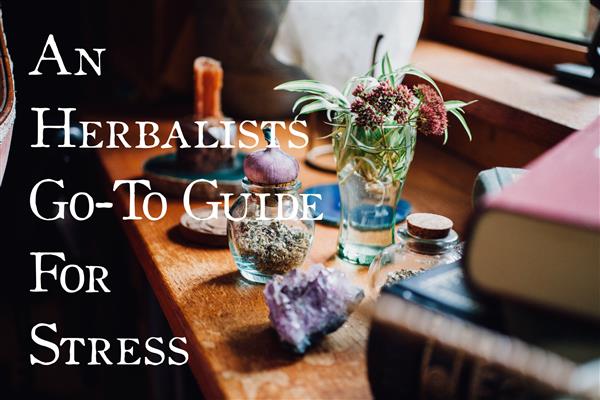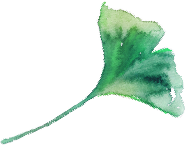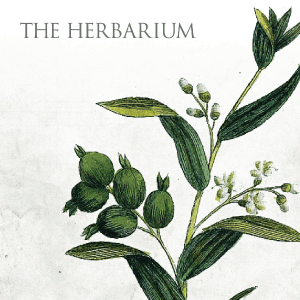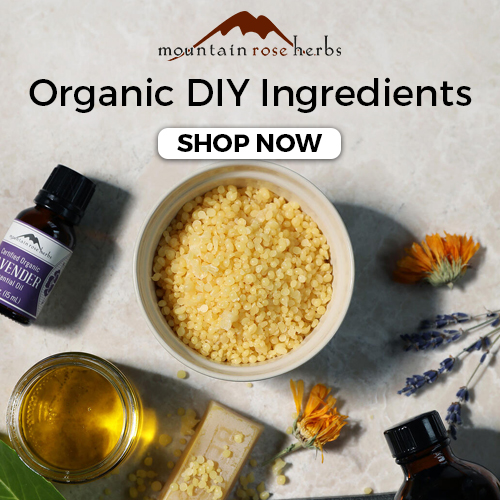
Not long ago, I was completely encumbered by stress. I was a full time grad student, had a part time job, lived in a stressful (for me) city, and had zero time for self care. I was stressed mentally, physically and financially. And usually, I’m pretty good at separating “needless stress” from “essential stress” and making life a little easier, but all of the stress I was under couldn’t just “go away”. I couldn’t just drop out of school or quit my job or move away. I was in all of that for a finite amount of time, so I had to just deal.
Let me explain my definition of “Needless Stress” vs. “Essential Stress”.
First, needless stress for me is stress that I can live perfectly well without. It’s usually stress I have created out of nothing, like the stories in my head about things that haven’t even happened, or things I have absolutely no control over (like impending snow storms hindering me from getting to work, or someone’s opinion of my work, writing or academic ability). No control over stress makes stress a million times worse. This is stress I can work on letting go.
Second, there’s essential stress, which for me is the stress that is part of what I’m choosing to undertake (like the difficulty of grad school, deadlines for assignments or papers/publications, major tests, balancing my time between work and home life or other commitments. These are things I could let go, but I’m choosing to continue. These are things I have control over.
I work with a lot of people who have an incredibly high stress load, and the major difference between them is that the people who have no control over their stress are the ones in the biggest health crisis. The people with lots of stress that they can control are in the best situation mentally and physically. Control the is the key here. But what about situations that are highly stressful that we can’t just let go of that cause us undue stress? Like raising little (or adult!) kids, paying the mortgage, dealing with a demanding boss for a job you need, or being a caretaker for someone else? Sometimes we have to deal with stress we’d rather do without, but don’t have that choice. That’s where herbs really shine.
I use adaptogenic herbs almost everyday in some capacity for both myself, or my people in need of stress support because they are amazingly therapeutic to the endocrine system that is most encumbered by dealing with the body’s stress response. Adaptogenic herbs are any botanical substance that help the body both mentally and physically adapt to stress in a non-toxic, non-addictive capacity. Quite simply, adaptogens help the body amend to the present situation in a healthy way. You can take them for a long period of time (months or years), or in just acute situations (like day-to-day, as needed) for immediate relief. Generally, adaptogens help to build and nourish the body which can be broken down to an extent from chronic stress.
I also use nervine herbs as a secondary input, alongside adaptogens for a good formula. Think about it – when you’re stressed out, it’s exhausting because you’re in such a heightened “fight or flight” state all the time. Nervines help the musculoskeletal system relax, and not be so reactive and “high strung”. We can develop a tendency to be wound up and reactive even when the immediate stress is gone. This becomes our body’s default, so the addition of nervines is tremendously helpful to calm down the nervous system over time.
So what are my go-to’s?
Reishi (adaptogen) + Ashwagandha (nervine) : This is ideal for the depleted Pitta person who may have worked and worked themselves into the ground and need significant building, nourishing and strengthening herbal inputs. Reishi, even in small amounts, is extremely rejuvenating, anti-inflammatory and immuno-modulating for all body types, and when combined with ashwagandha (read more about this nevine here!) makes for a perfectly building formula to slowly and effectively protect the endocrine system (the adrenals inparticular) to help sustainably support the body in periods of prolonged stress. This combo makes for a great tincture formula in equal parts.
Milky Oats (adaptogen/nervine) + Motherwort (nervine) + Lavender (aromatic nervine) : This is ideal for the Kapha person who is mentally and physically on empty, or who have had to deal with too much exhausting change (which kapha’s tend to loathe). They may be completely unable to get off the couch or out of bed, or are so stressed they have no desire or motivation to continue. Milky oats is considered a stimulating “neurotrophorestorative”, meaning it’s nourishing and building to the mental space when the mind is over-taxed or mentally exhausted. This is especially good for folks who are emotionally stressed (as motherwort has a particular affinity for the heart) that may be dealing with grief or loss. Motherwort is bitter, and needs the company of a sweet, aromatic herb which lavender offers beautifully. This makes for a perfect tea combination in a 2:1:2 combo – 2 parts oats, 1 part motherwort and 2 parts lavender.
Holy basil (adaptogen) + Skullcap (nervine) : This is ideal for the Vata person who is tired and wired, depleted, scared and overwhelmed. Holy basil is such a wonderful spiritual, emotional and physically adaptogenic herb for people who are a little despondent or lethargic in a really emotionally sensitive way. Skullcap is ideal for the person who is really sensitive to the big, scary outside world and would prefer to just go hide in a cave with their mom and a teddy bear. Skullcap as a nervine helps to calm this overly sensitive emotional nervous system and calm down those jitters, relaxing the upper body (muscles) and soothing the body from the inside out. This makes a perfect tea formula in equal parts.
To determine your Ayurvedic constitution, you can take the quiz here from Banyan Botanicals.
As the holiday’s begin this time of year, take particular care not to succumb to needless stress, and remember to be grateful for the people around you who make your life a little more cheerful, a little more joyous and a lot more calming to be around. The holiday’s aren’t stressful – we choose to make them stressful. Taking time for gratitude, and acknowledging when things are going well, is oh so helpful to counter excess (or needless) stress during the holidays. As always, taking some time to sit, relax and enjoy some tea filled with your herbal allies is one of the best self care things you can offer to yourself this year.
If you’re interested in purchasing herbs for your home apothecary to experiment making your own teas, I would recommend Mountain Rose Herbs









